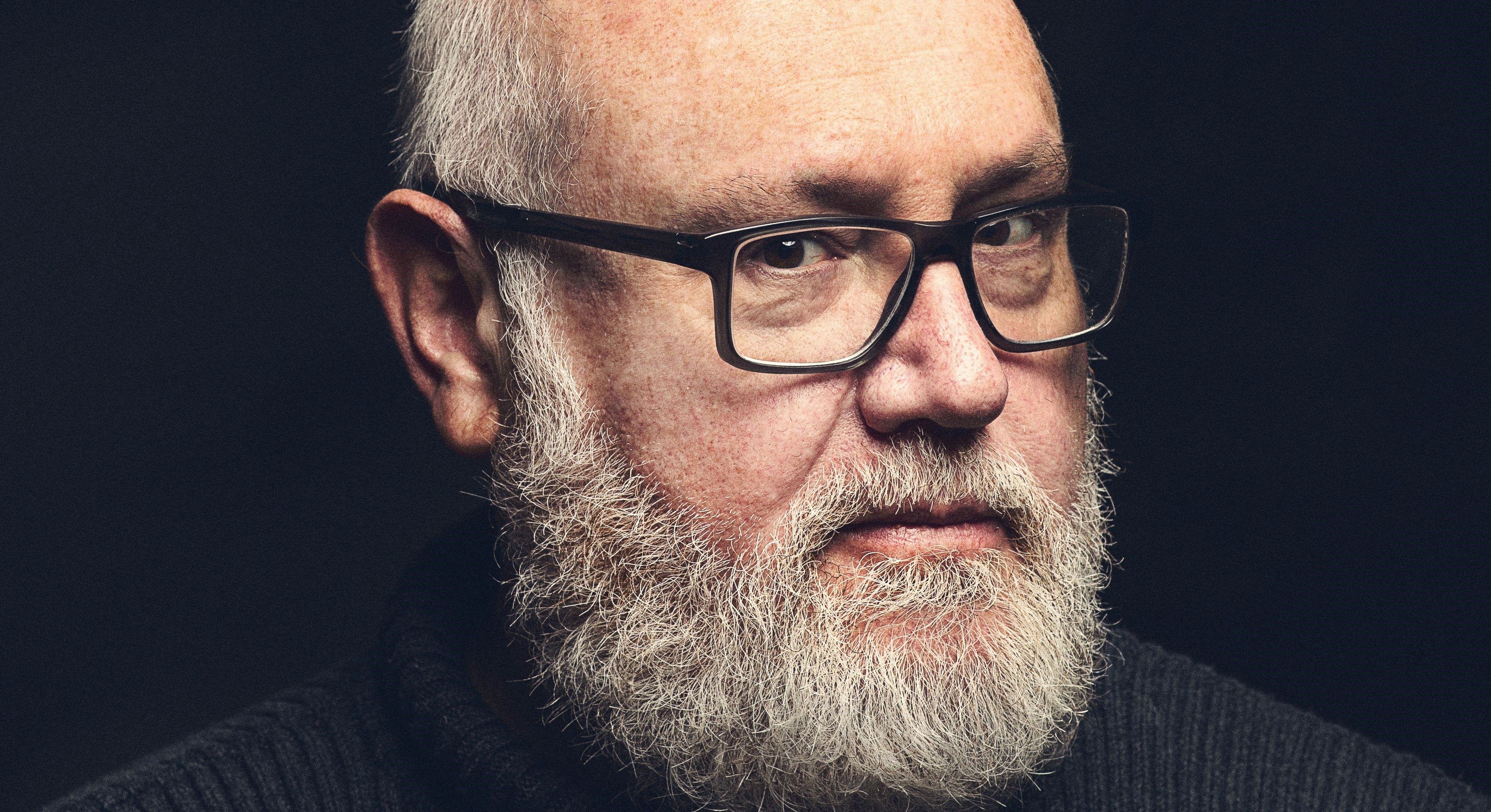Becoming an active patient
How often would you say you make an actual decision about your health care?
I mean an active decision -- as opposed to simply following what your doctor or pharmacist or health-care pro suggests at the moment? As health-care costs rise and employers cut benefits, individual consumers are being handed an ever-greater share of the responsibility of paying for care. Consumer advocates suggest they ought to take a greater role in decision-making, as well -- questioning fees, seeking alternatives and challenging decisions. Here's the way an article in the AARP magazine puts it:
This harsh reality is starting to translate into a kind of revolutionary fervor among some Americans. "Our health care system clearly isn't working," says William Schwied, M.D., M.P.H., an 85-year-old retired physician who has organized hundreds of California retirees in a grass-roots effort to fight for a better health care system. "The only way we'll see change is for people to take to the streets," he says.
Experts say people can control their health-care costs in a variety of ways: shopping around for generic or bulk purchases on prescriptions; seeking care at clinics or from nurse-practitioners when possible, rather than the doctor's office; check bills closely, because errors are alarmingly common; bargain with your providers for a better deal; and on and on.
If you're like me, this would be a radical departure. I think a lot of us act as though we have no autonomy or power in the equation, when we actually have a lot. But it takes some knowledge and some effort to use it, and it's daunting because we don't want to screw up our health.
In hard times, people are more likely to scrimp. And most of us are paying more this year than we did last year for health care, whether our premiums increased or our deductibles did. Some experts worry that people are too quick to choose savings over health. Jessica Greene, a professor of health policy at the University of Oregon, told The Tennessean newspaper recently:
“It's like anything - when the price is higher, people cut back. The problem is, people don't always know when they're cutting back on care that doesn't really matter versus care that has long-term health consequences.”
So it's a fine line. For some good suggestions on where to trim, check out Money magazine's 50 ways to save on health care here. The AARP piece has a lengthy list of suggestions, as well.
How would you describe your approach as a consumer of health care: I do what I'm told, or I question everything? Have you been able to cut your medical spending by being a more active patient?
